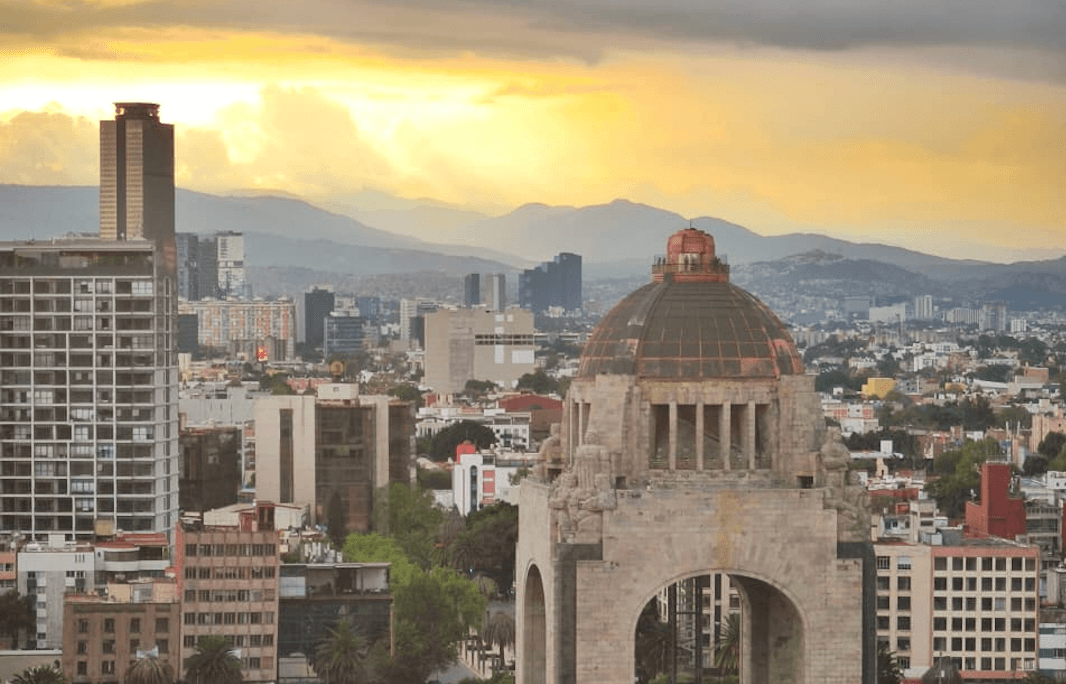
The ban did not arise recently; in fact, it is quite old. The Sangha Council had already established, on 1 September 1955, a rule that forbids monks and novices from “predicting lottery results or participating in practices related to gambling”. Moreover, there are records of pre-existing decrees: during the reign of King Rama IV (in 1860), royal decrees were issued that prohibited activities such as betting on the lottery, attending gambling houses, or incompatible behaviour such as drinking alcohol, taking part in nightlife, and disguising oneself as a layman to participate in games.
It was necessary to reinforce the rule
In recent years, there have been cases in which monks, even of high rank, were accused of promoting fortunes, superstitions, or acting as seers, offering “lucky numbers” to followers, including via social media. This behaviour is considered problematic as it represents distortions of Buddhist teachings, in addition to diverting people from more central practices of the faith, such as meditation, community service, or discipline. The Sangha Council states that monks must avoid presenting themselves as “mystical figures” or promising supernatural powers, as this can lead followers to financial dependence, deception or disillusionment.
Non-compliance may result in some punishments. The main ones are:
Defrocking, that is, removal of the status of monk or novice. Internal disciplinary measures of the Sangha, in accordance with monastic regulations.
There is also the possibility of new legal frameworks. The National Office of Buddhism, together with ecclesiastical and governmental authorities, has been evaluating law proposals that would criminalise some conduct currently punished only with religious sanctions. This would include superstitious practices such as making lottery predictions, marketing amulets with mystical powers, or claims of possessing supernatural gifts.
Despite the old rules, the practice still exists in some places. Monks use their influence and reach, mainly on social media, to attract followers with promises of luck or mystical help. There is also a tension between popular culture, local beliefs and formal monastic discipline. In many Thai communities, superstition and belief in lucky numbers are deeply rooted in daily life (festivals, rituals, devotional objects, etc). Completely removing this cultural influence may be a little more complex.
Another issue is how to monitor and punish these infractions. Often, accusations are informal, difficult to prove or locate. Only more evident cases, or when there is public repercussion, tend to actually generate an internal investigation or some legal action.
Balancing tradition with popular belief
From the point of view of Thai Buddhism, the reinforcement of this ban is linked to the concept of Dharma, the teachings of Buddha that emphasise ethics, mental discipline, wisdom and compassion. Activities such as superstition or gambling are viewed as distractions or deviations from these ideals. Socially, there is a public interest in maintaining the credibility of monks as spiritual leaders.
This article was first published in Portuguese on 18 September 2025.



 4Hours ago
4Hours ago















